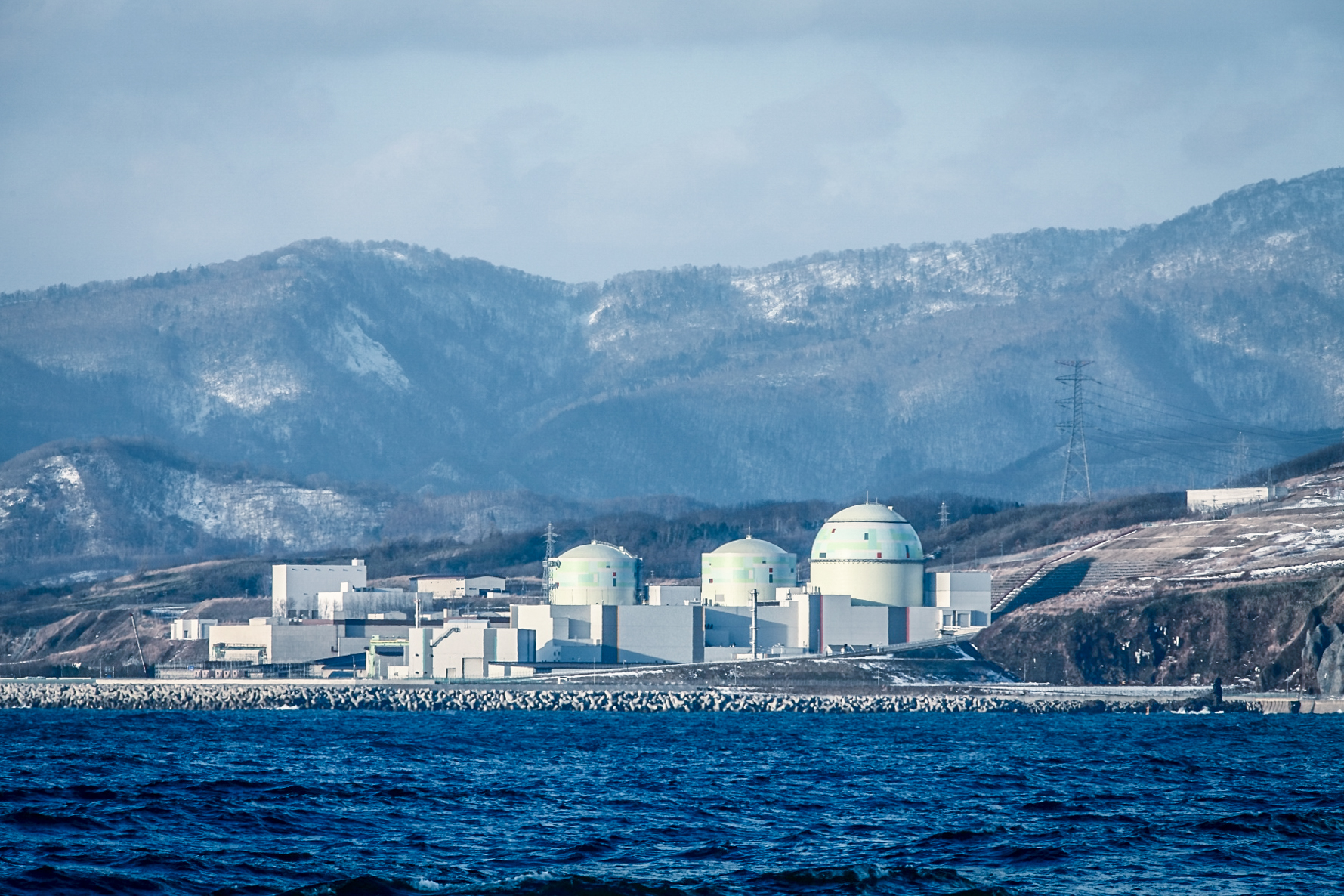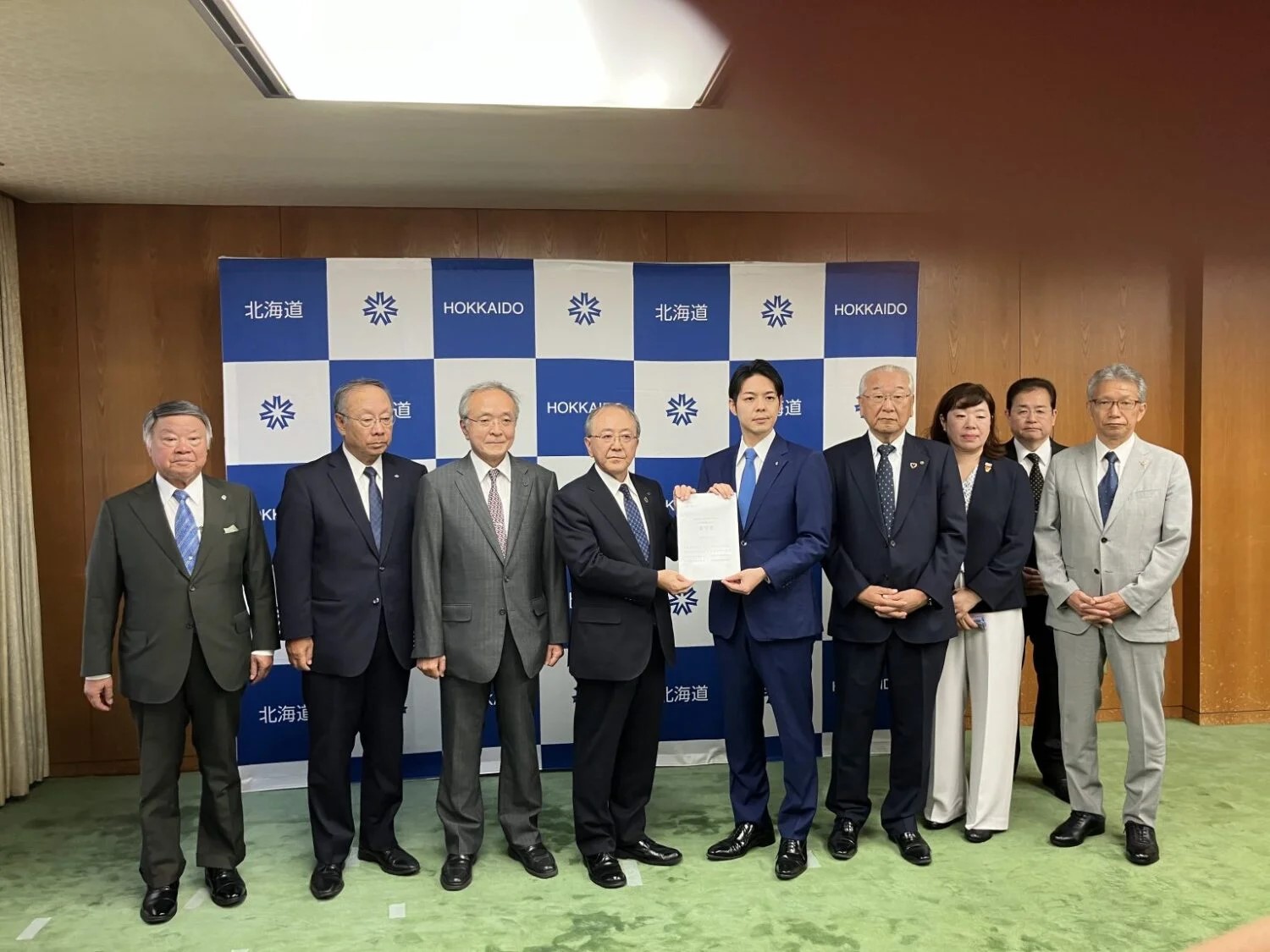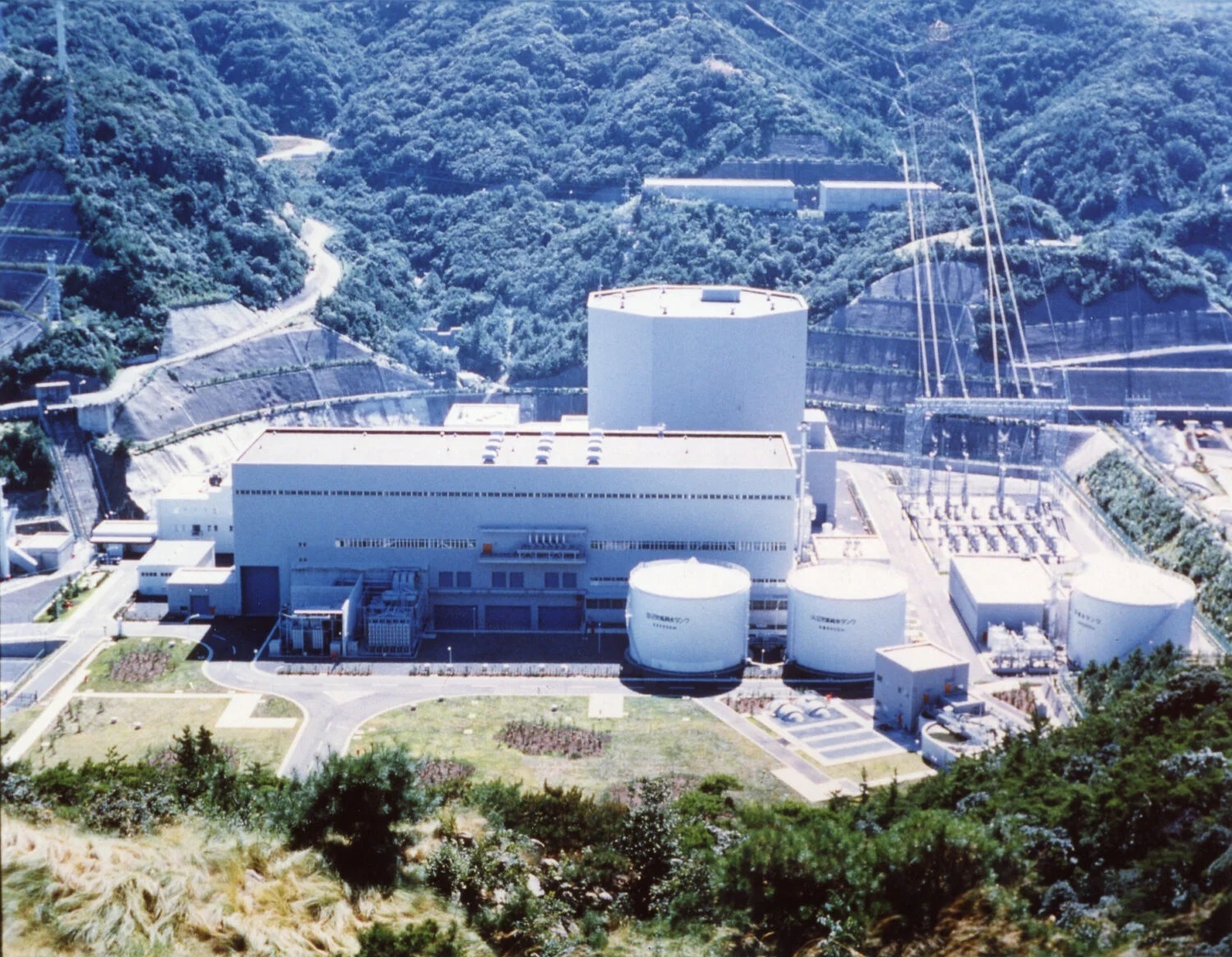The IAEA task force team was composed of both IAEA staff members and international experts. There were seven IAEA members in total, including Lydie EVRARD, IAEA deputy director general and head of its Department of Nuclear Safety and Security, and Gustavo CARUSO, director of the IAEA’s Department of Nuclear Safety and Security, along with nine international experts from Argentina, the UK, Canada, South Korea, China, France, Vietnam, the Marshall Islands, and Russia.
Meeting in Japan with representatives of the Ministry of Economy, Trade and Industry (METI), the Nuclear Regulation Authority (NRA), the Ministry of Foreign Affairs (MOFA), and the Tokyo Electric Power Co. (TEPCO), the team was given explanations on the monitoring situation since the start of release of the ALPS-treated water, the condition of release-related facilities, and so forth, and exchanged opinions and views with Japanese representatives.
On October 25, the team conducted on-site investigations, examining technical aspects of the offshore release in light of the IAEA’s international standards. The team will issue a mission report before the end of the year.
On October 23, prior to starting the review, IAEA Deputy Director General Evrard met overseas journalists at the Foreign Press Center. She first referred to the comprehensive report on a safety review of the water released by the IAEA in July. Reiterating that the plan for the ALPS-treated water was “consistent with international safety standards” and that the levels of radiation effects on people and the environment should be “negligible,” she said that the IAEA would continue to evaluate the safety of the release as it proceeds and after its completion.
She also talked about the memorandum of cooperation regarding the handling of the ALPS-treated water that was signed by IAEA Director General Rafael Mariano GROSSI and Japan’s MOFA Minister KAMIKAWA Yoko, who had been in the United States to attend the United Nations General Assembly in September.
The memorandum sets forth a framework for the IAEA’s monitoring and assessment activities, including direct observance of the technical aspects of on-site activities by IAEA experts, corroboration of source and environmental monitoring based on independent sampling and analysis, and outreach and public awareness activities.
Reporters from Germany, France, Spain, Russia, Singapore, South Korea, and China were present at the press conference. Deputy Director General Evrard stressed that the IAEA’s stance during the safety review―independent, objective, transparent―would result in a “fermentation of confidence both domestically and internationally.”
The second offshore release of ALPS-treated water ended on October 23, and the third began on November 2.


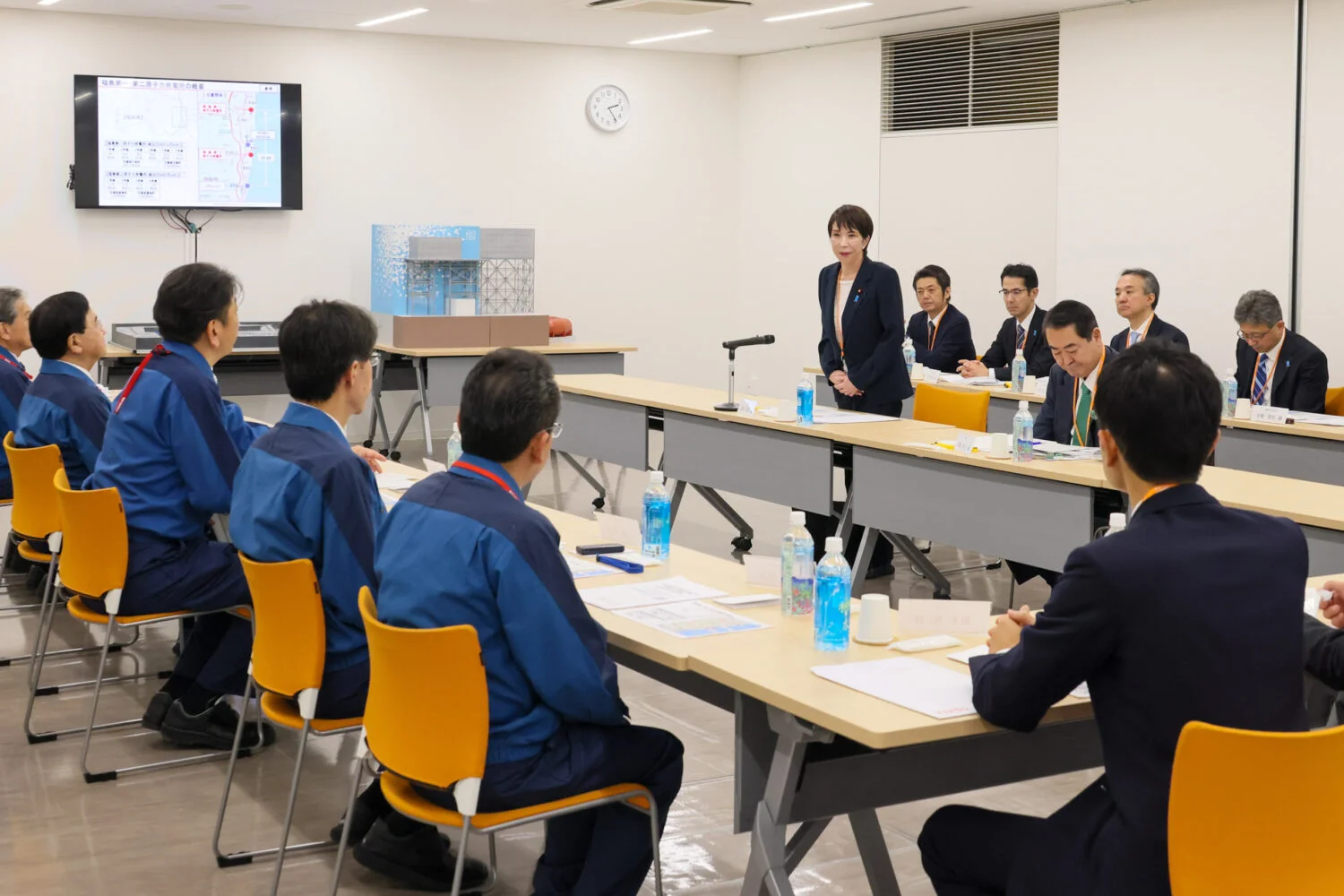


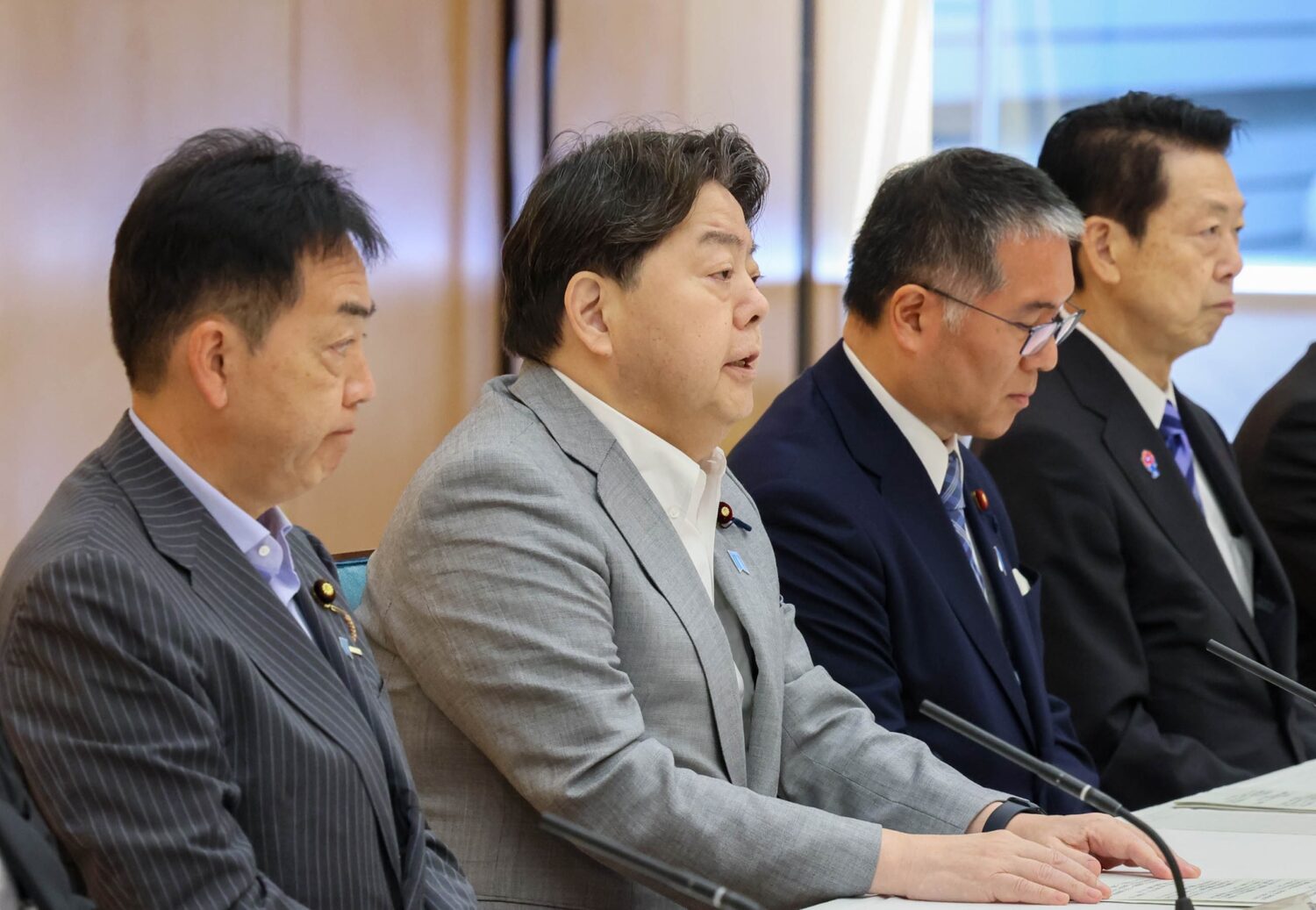
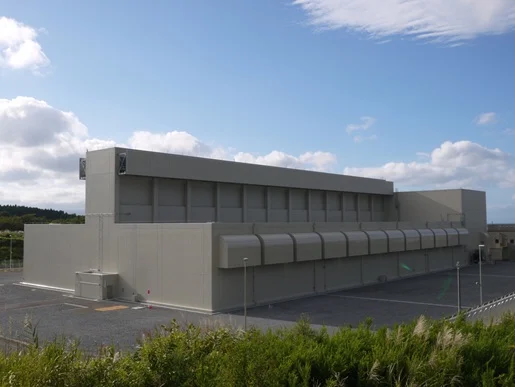

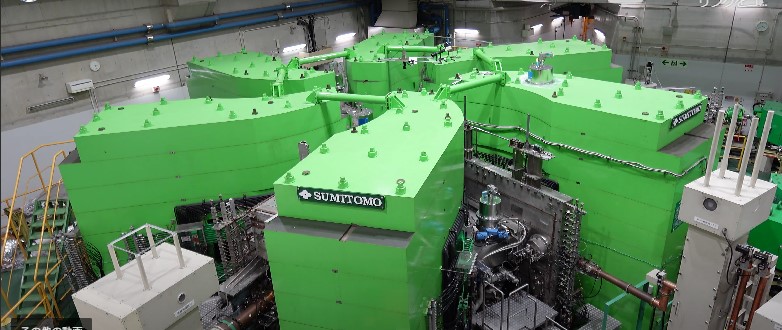



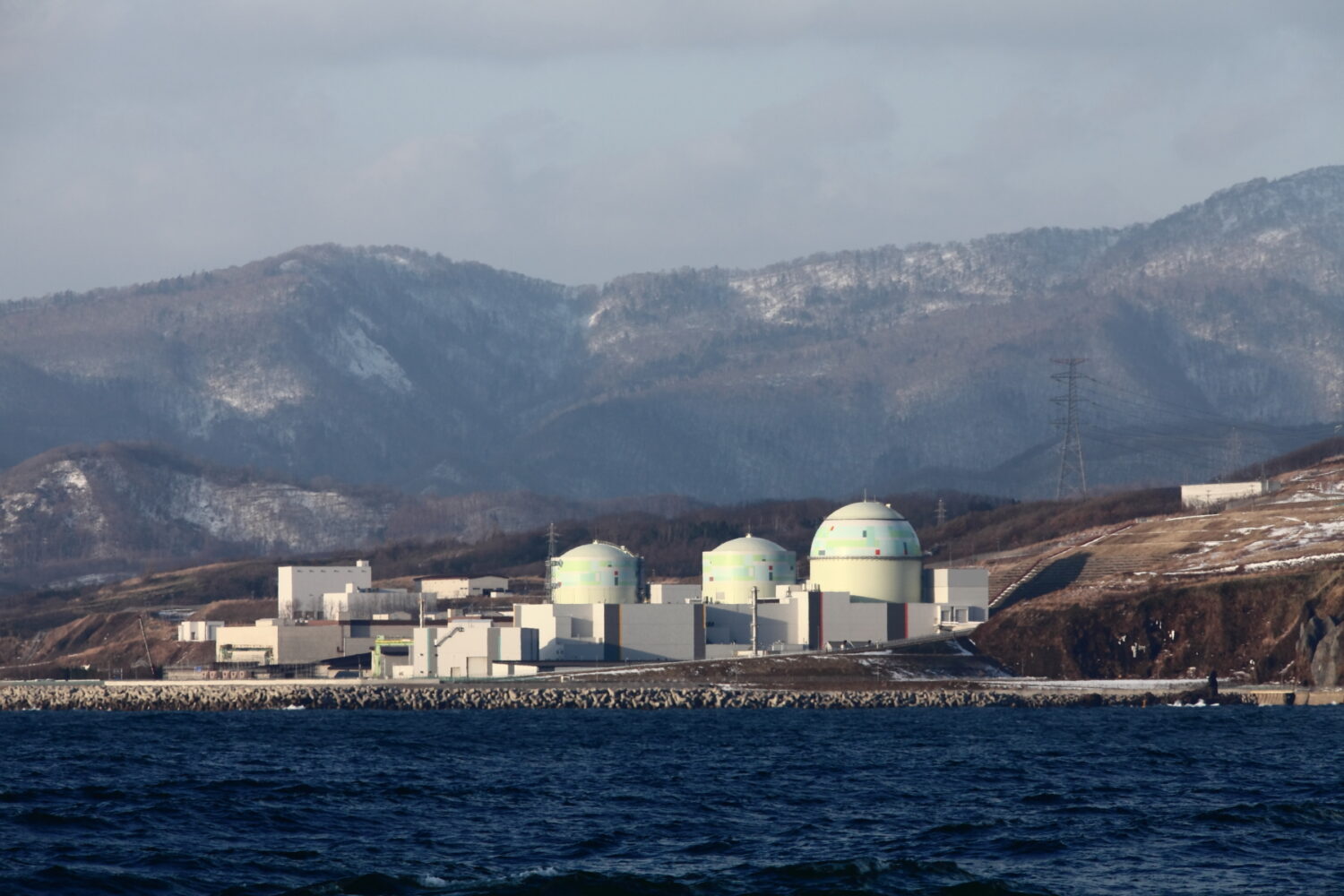
-049.jpg)
.jpg)

